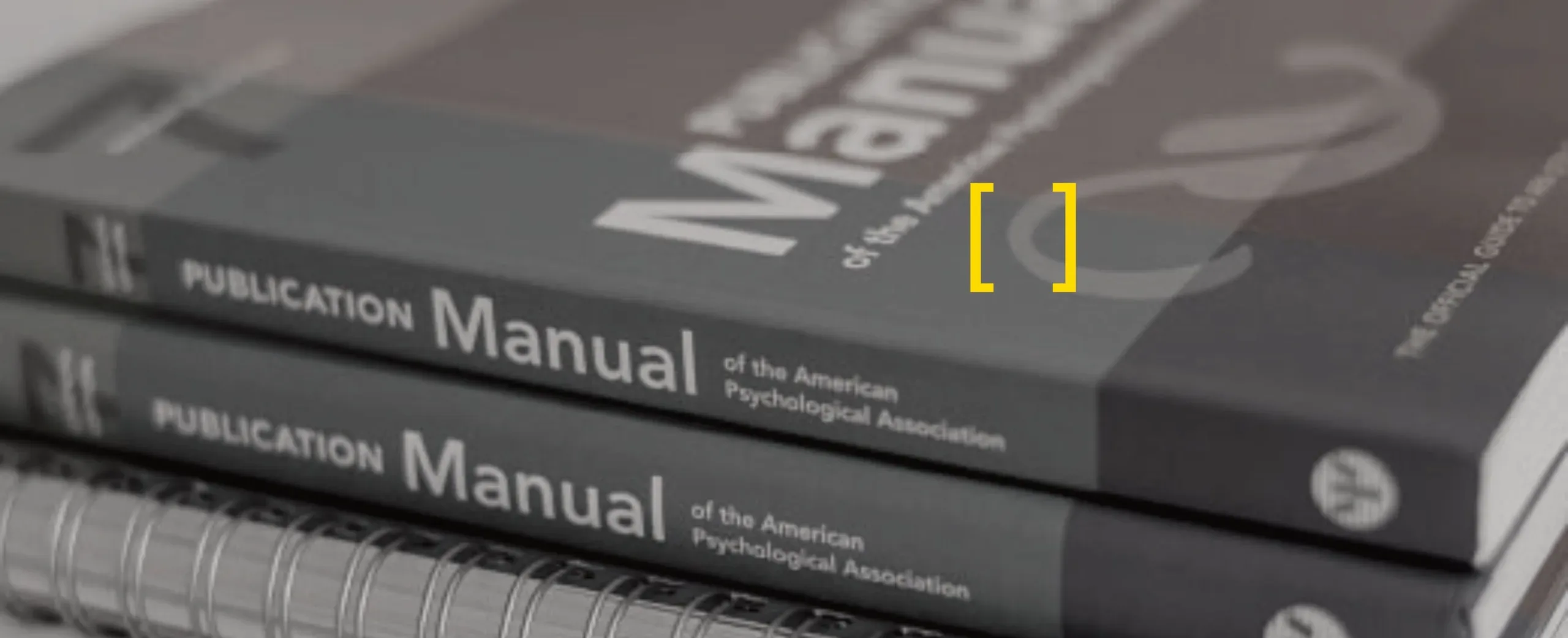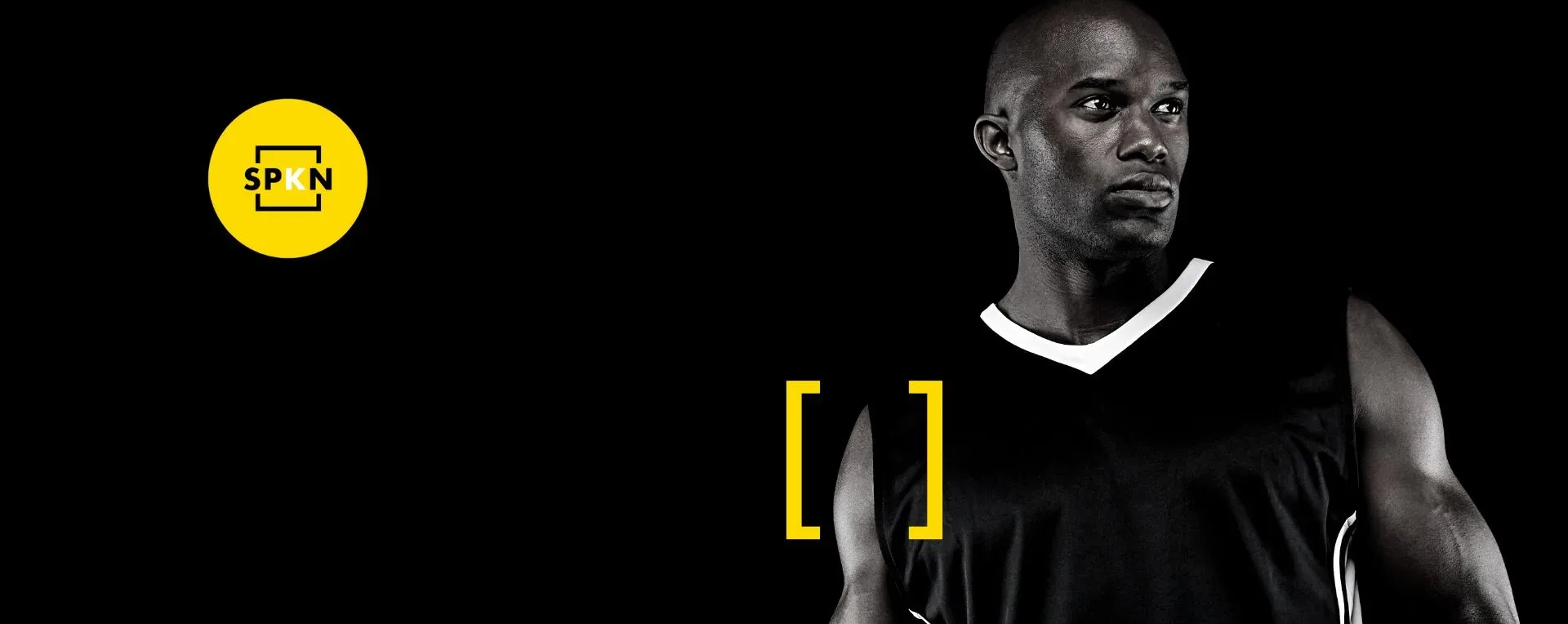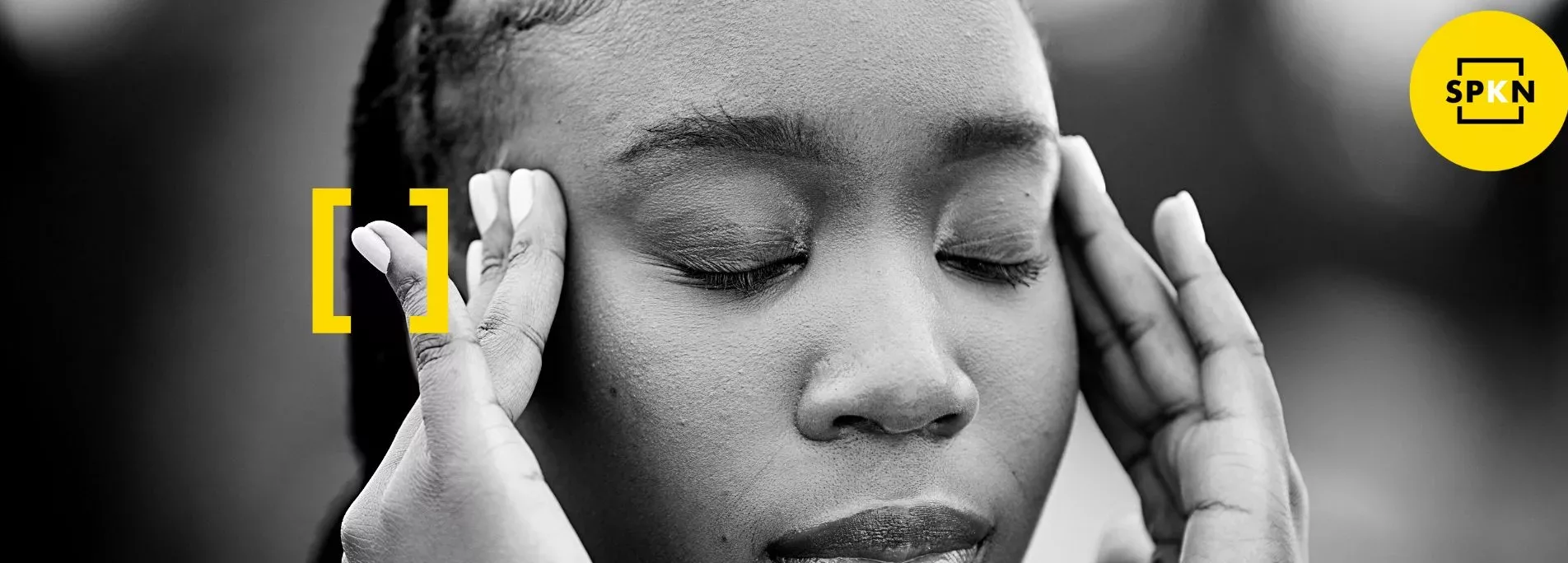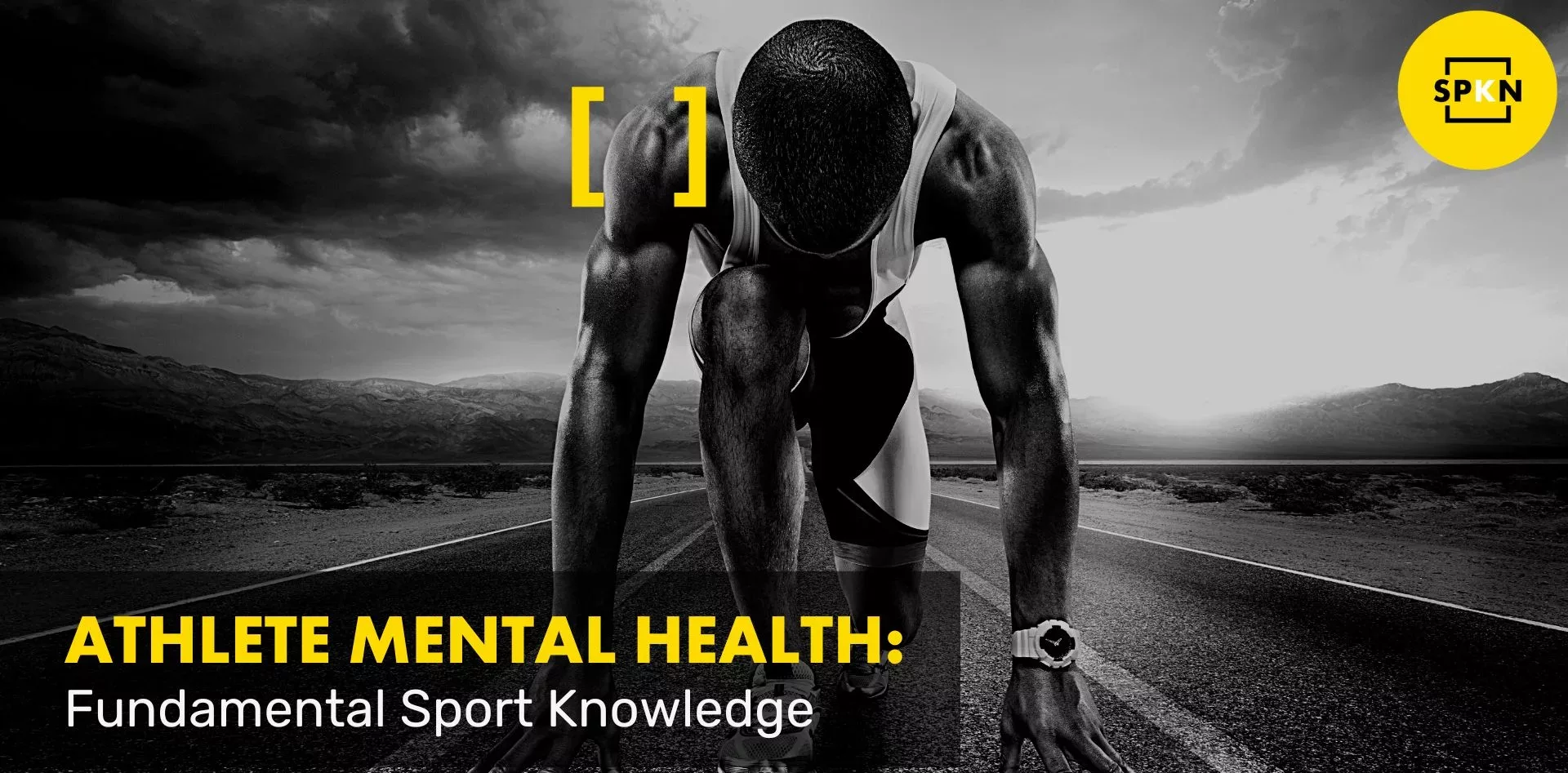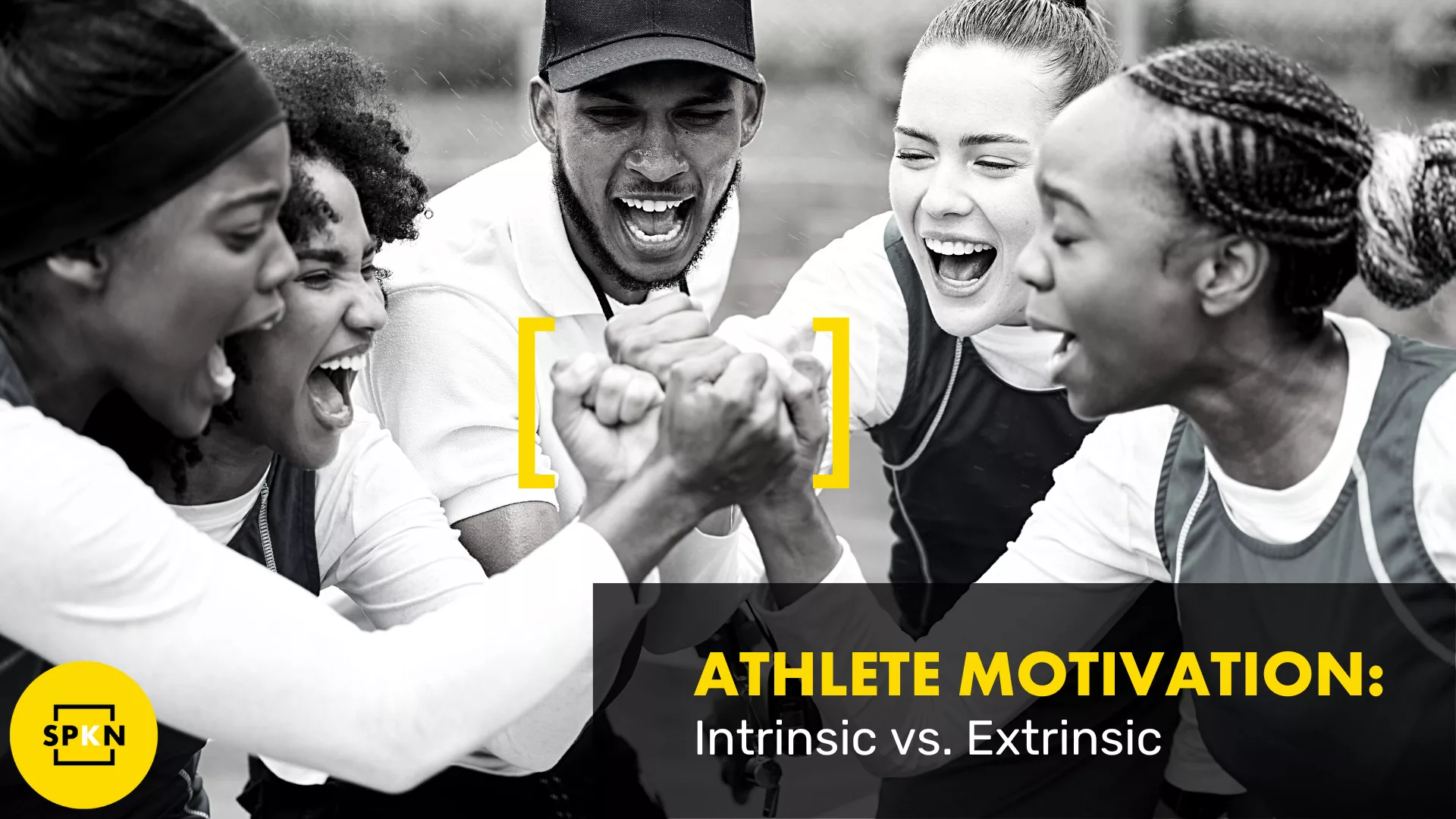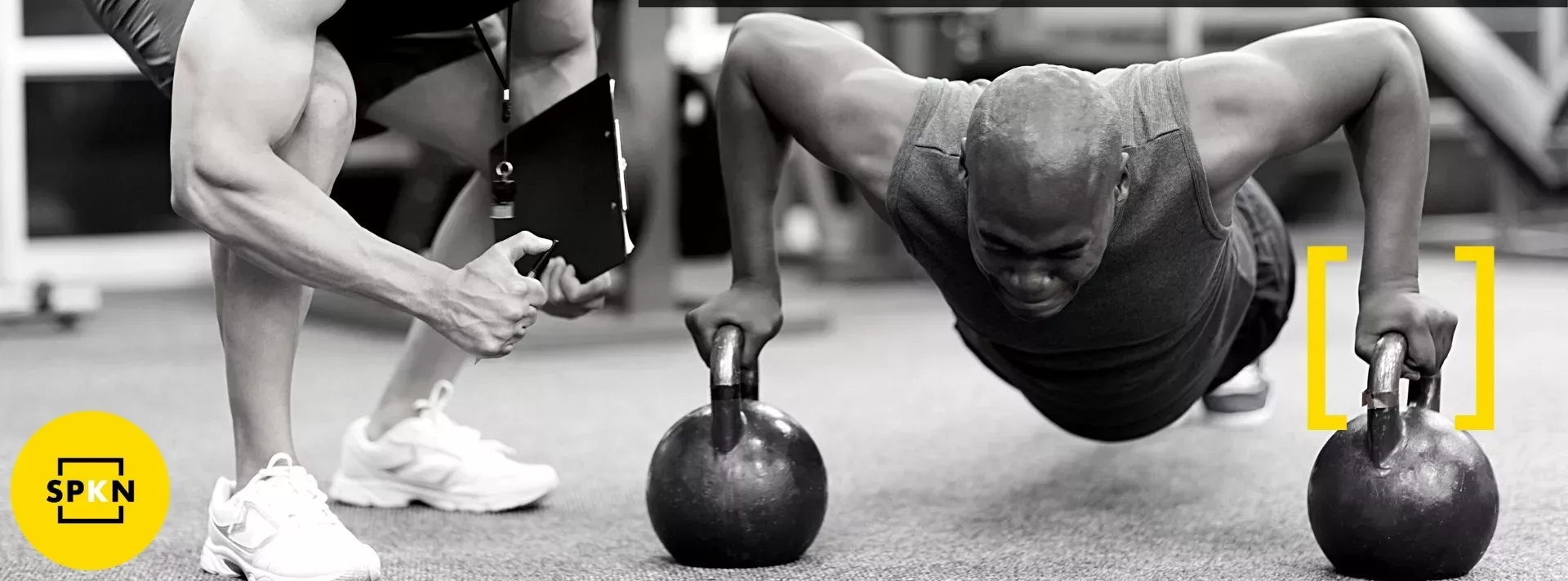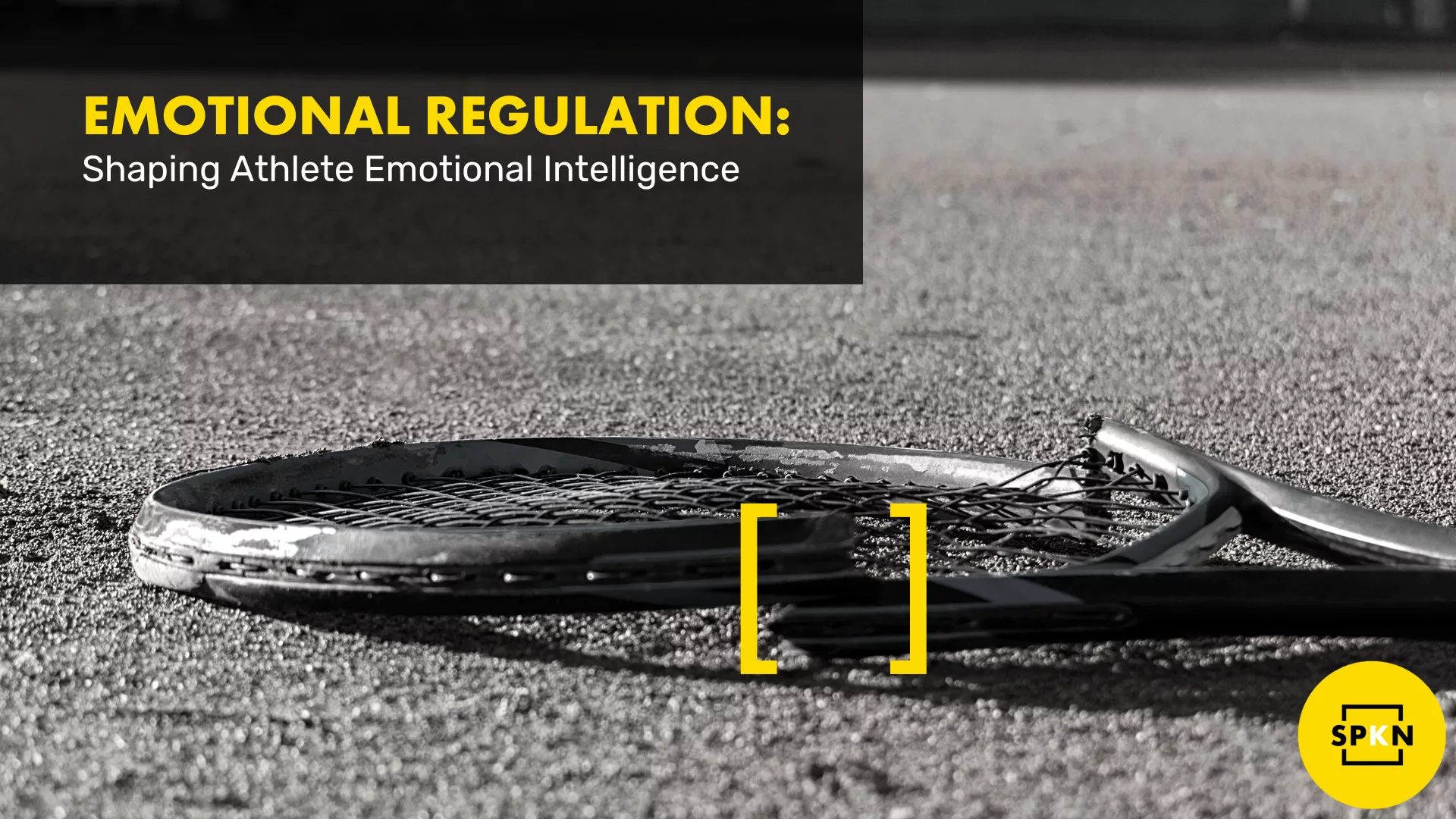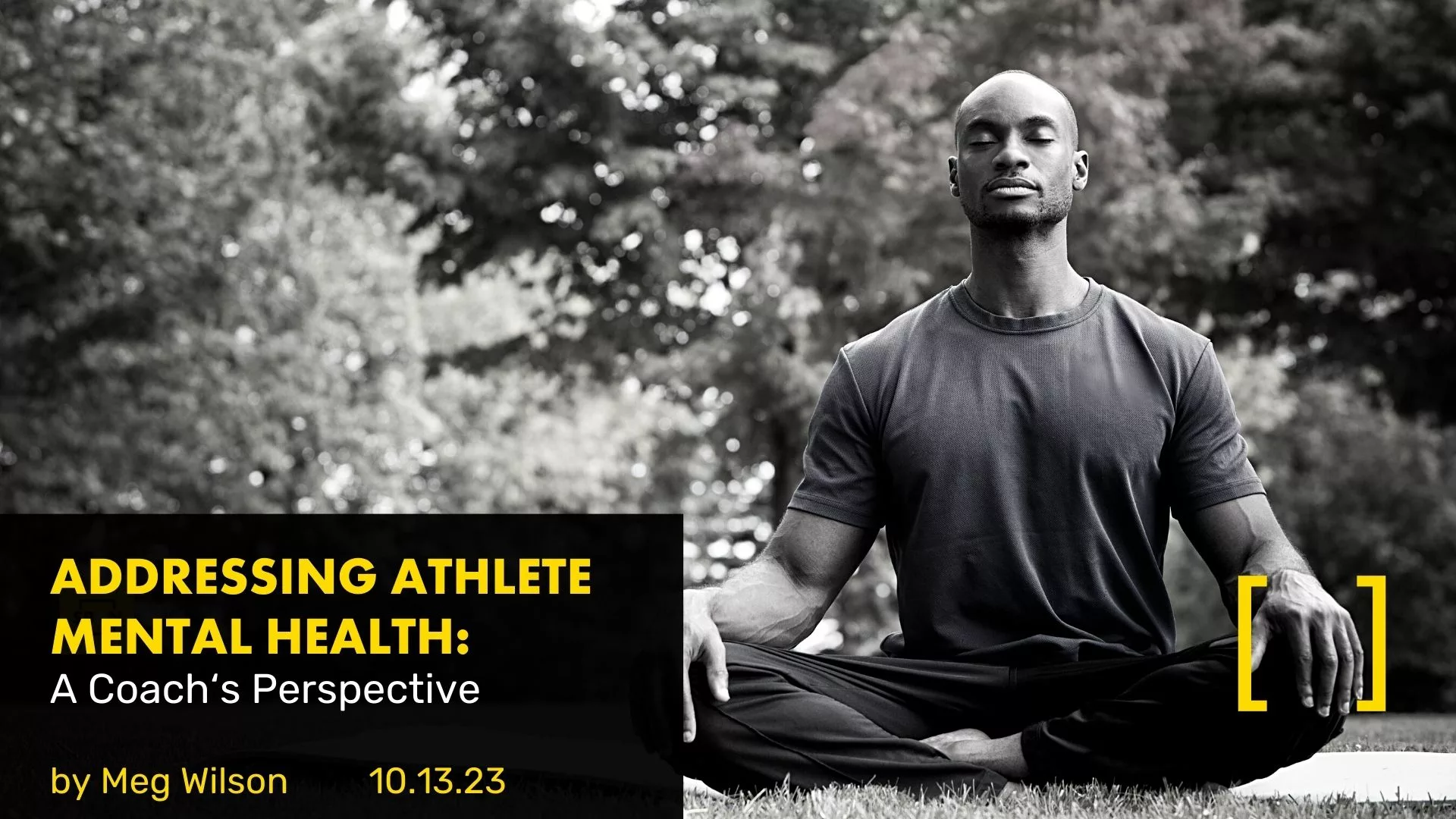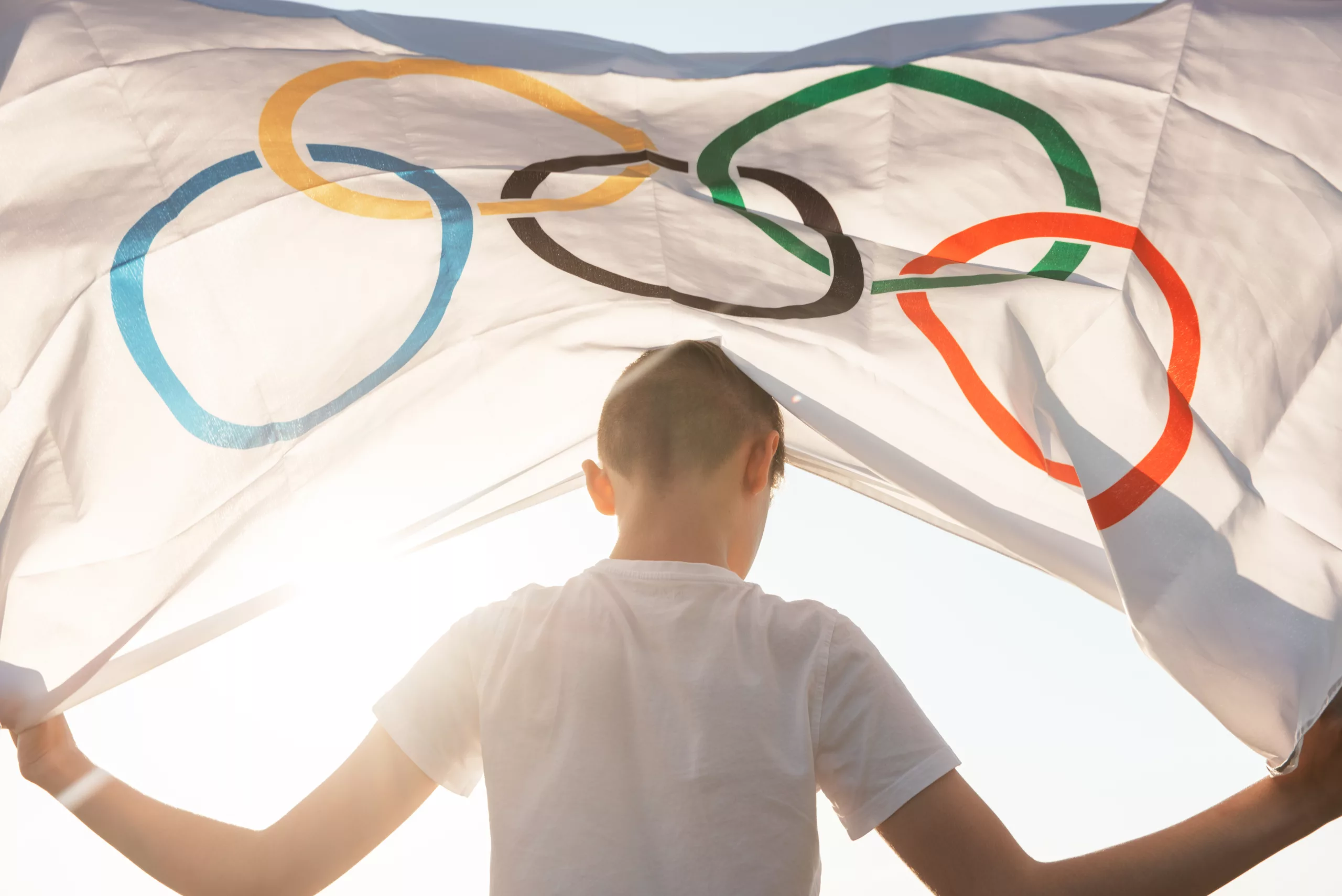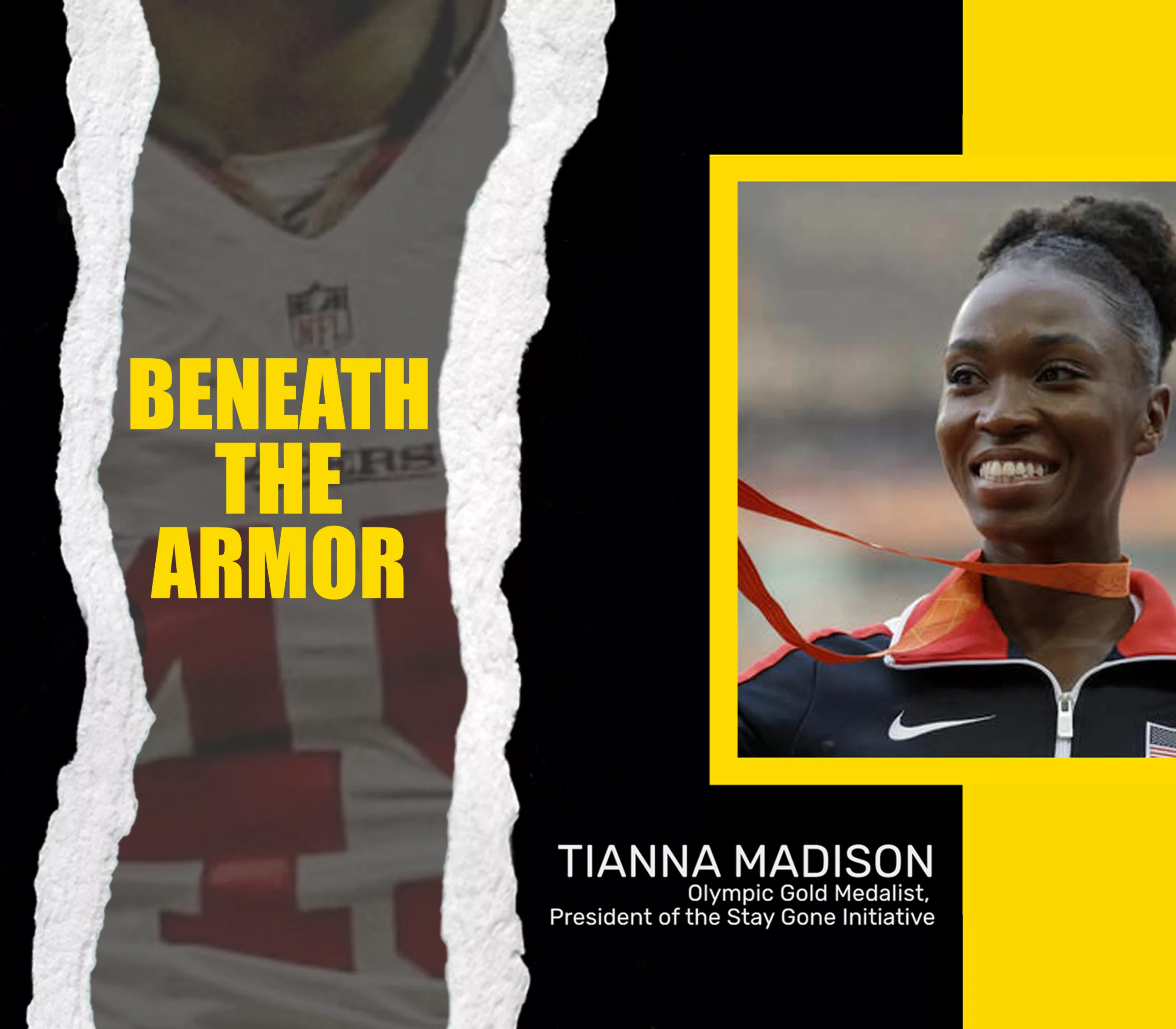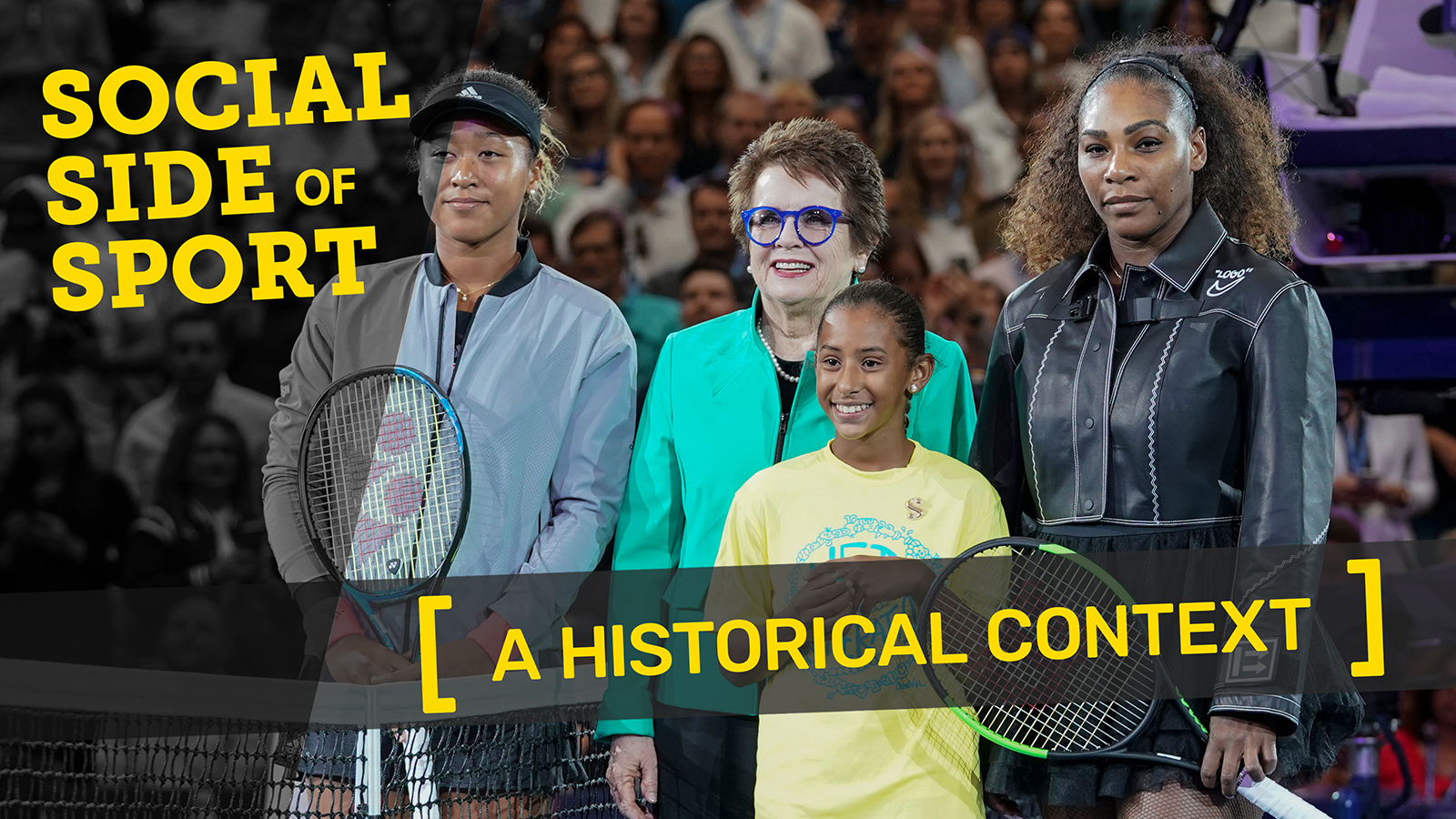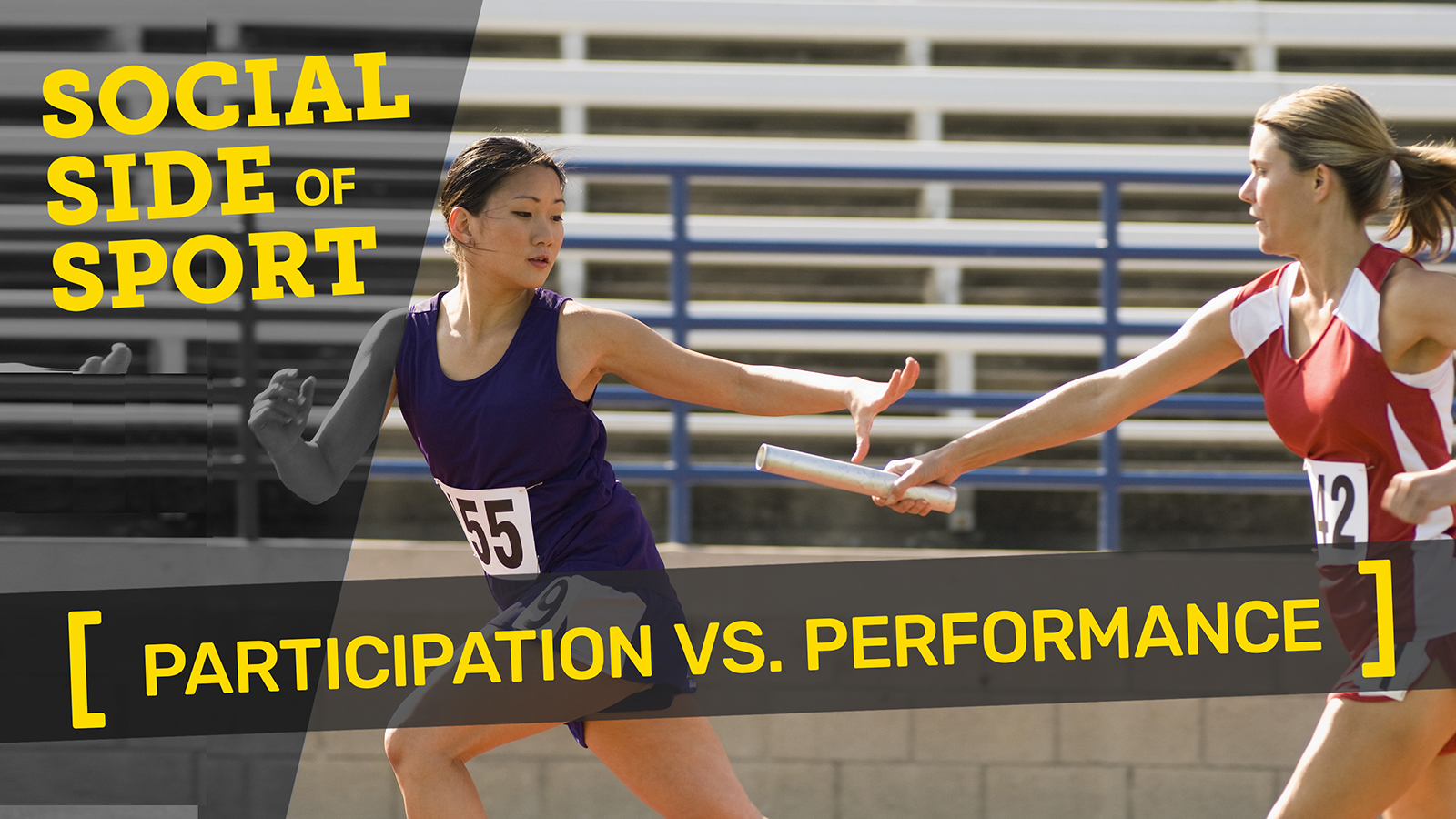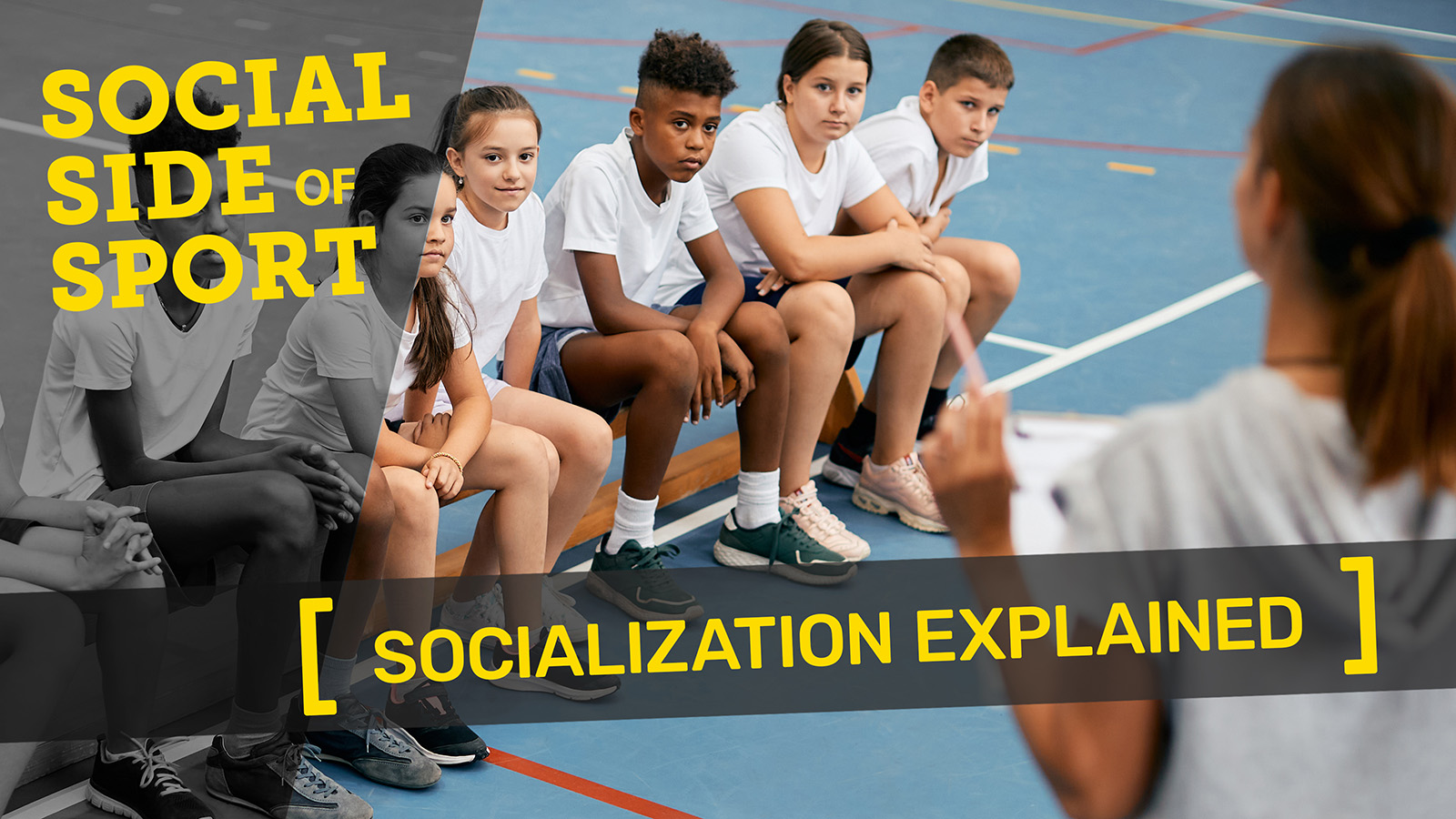As coaches and sport leaders, we play a pivotal role in helping our athletes manage and
relieve performance anxiety. Performance anxiety, if not addressed, can severely hinder
an athlete’s ability to perform at their best. This article outlines five effective strategies
that athletes can use to alleviate performance anxiety, and how we, as their coaches,
can foster these strategies.
- Practice Mindfulness and Relaxation Techniques
Encouraging athletes to engage in mindfulness and relaxation techniques can
significantly reduce anxiety levels. Techniques such as deep breathing, meditation, and
progressive muscle relaxation can help calm the mind and body, especially before a big
event. As coaches, we can incorporate these practices into training sessions, allowing
athletes to become familiar and comfortable with them. - Visualization and Mental Rehearsal
Visualization or mental rehearsal involves athletes picturing themselves succeeding in
their sport. This technique can enhance confidence and reduce anxiety by mentally
preparing athletes for competition. We can guide our athletes through visualization
exercises, helping them to create a vivid and successful image of their performance. - Practice Mindfulness and Relaxation Techniques
Encouraging athletes to engage in mindfulness and relaxation techniques can
significantly reduce anxiety levels. Techniques such as deep breathing, meditation, and
progressive muscle relaxation can help calm the mind and body, especially before a big
event. As coaches, we can incorporate these practices into training sessions, allowing
athletes to become familiar and comfortable with them. - Focus on Process Over Outcome
Shifting your athlete’s focus temporarily from winning to the process of performance can
alleviate the pressure associated with competition. Emphasizing skill development,
effort, and personal best can help athletes concentrate on what they can control. We
can foster this mindset by setting process-oriented goals and providing feedback
focused on effort and skill mastery. - Open Communication and Support
Creating an environment where athletes feel comfortable discussing their anxieties is
crucial. Encourage open communication and provide a supportive network. We can
achieve this by being approachable, actively listening to our athletes’ concerns, and
offering reassurance and encouragement.
🦉 Always keep learning, growing, & pushing the boundaries of what is possible. Stay
Curious and Inspired! 🦉➡️
For more insights on this and other topics, visit our website www.SPKNmedia.org.
Don’t miss future issues of the SPKN Knowledge Nugget – SUBSCRIBE TODAY.
Please note: This article is intended for informational purposes only and should not
replace the advice of a mental health professional. If you suspect an athlete is dealing
with high levels of stress or a mental health issue, seek professional help immediately.
Resources:
Weinberg, R., & Gould, D. (2019). Foundations of Sport and Exercise Psychology
(7th ed.). Human Kinetics. This text provides a comprehensive overview of sport
and exercise psychology, including techniques for managing performance
anxiety.
Gardner, F. L., & Moore, Z. E. (2017). Mindfulness and Acceptance Models in
Sport Psychology: A Decade of Basic and Applied Scientific Advancements.
Canadian Psychology/Psychologie Canadienne, 58(4), 309-318. DOI:
10.1037/cap0000115. This article discusses the application of mindfulness and
acceptance in sports.
Thomas, O., Mellalieu, S. D., & Hanton, S. (2009). Stress management in applied
sport psychology. In B. W. Brewer (Ed.), Sport psychology (pp. 267-290). Wiley-
Blackwell. This chapter discusses various stress management techniques
applicable in sports.



